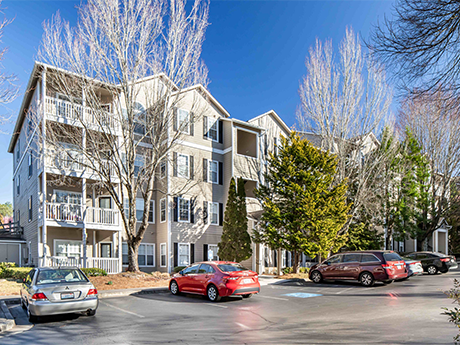WASHINGTON, D.C. — Senate Finance Committee Chair Ronald Wyden (D-Ore.), Sen. Daniel Sullivan (R-Alaska) and U.S. Representatives James Panetta (D-Calif.) and Michael Carey (R-Ohio) have introduced the Workforce Housing Tax Credit Act into the U.S. House and Senate. The bipartisan proposal would establish a Workforce Housing Tax Credit (WHTC) that would complement the Low-Income Housing Tax Credit (LIHTC).
The Workforce Housing Tax Credit Act would establish a public-private partnership that allows state housing agencies to issue credit allocations to developers through a competitive process. These credit allocations would then subsequently be sold to investors, and developers would invest the equity raised to build apartments, as is the case with LIHTC.
“The WHTC would complement the widely successful LIHTC by expanding it to include moderate-income households that are also facing rising housing costs,” said NMHC President Sharon Wilson Géno and NAA President and CEO Bob Pinnegar in a prepared statement. “It would help increase the supply of housing available in communities across the country, which will ease affordability challenges and increase housing access.”
According to a summary of the bill by public accounting and consulting firm Novogradac, the tax credits would be provided to developers over a 15-year period, with a 15-year compliance period and a 30-year extended commitment.
To qualify for the credit, at least 60 percent of the building’s units must be occupied by tenants earning less than 100 percent of the area median income, with rents restricted to 30 percent of the designated income. The effective date for this provision would be buildings that were placed in service after Dec. 31, 2023, in taxable years after that date.
Novogradac estimates that the legislation would finance approximately 344,000 rental units.
The bipartisan proposal will now be assigned to a committee whose members will study and revise the bill. The legislation will be ready for consideration once it has been reported by a committee. After the proposal has passed through both the House and Senate in identical form, it will be sent to the president who may opt to sign this measure into law or veto the bill.
Click here to read Novogradac’s one page summary of the Workforce Housing Tax Credit Act.
— Channing Hamilton


